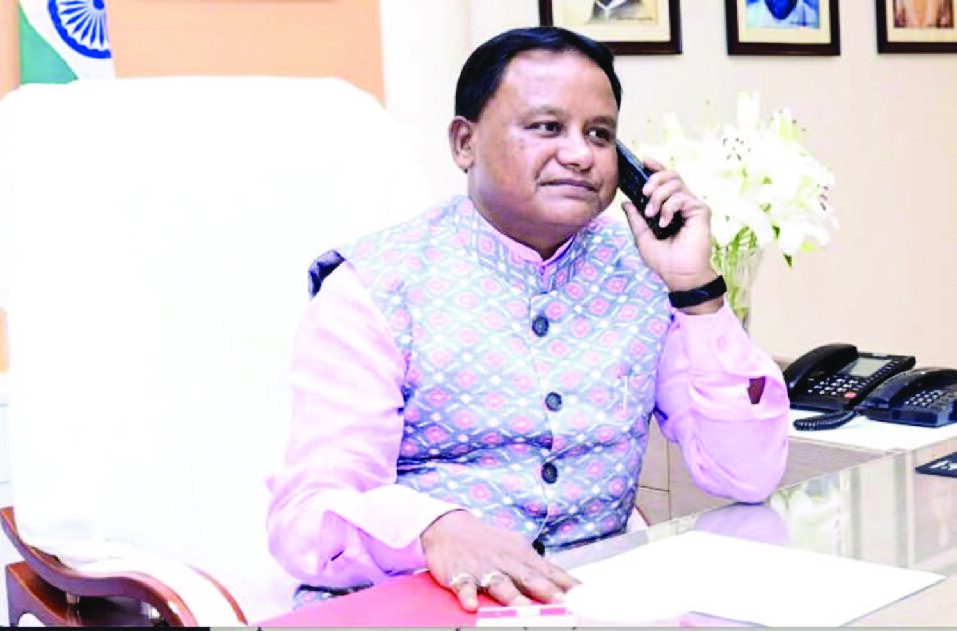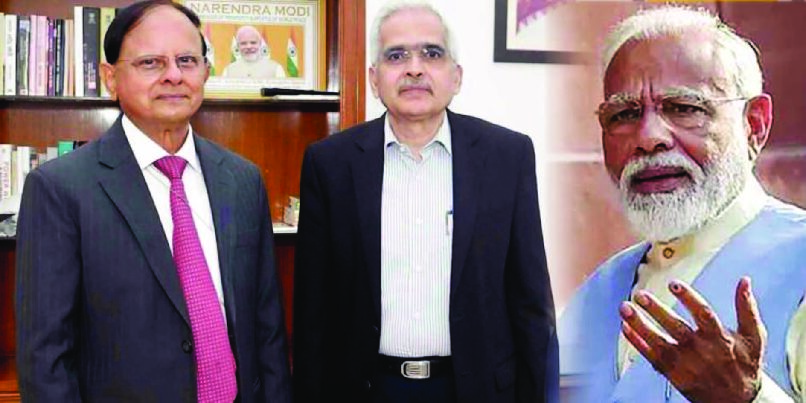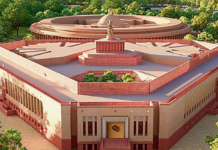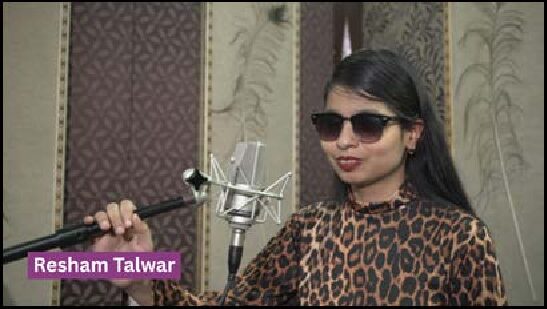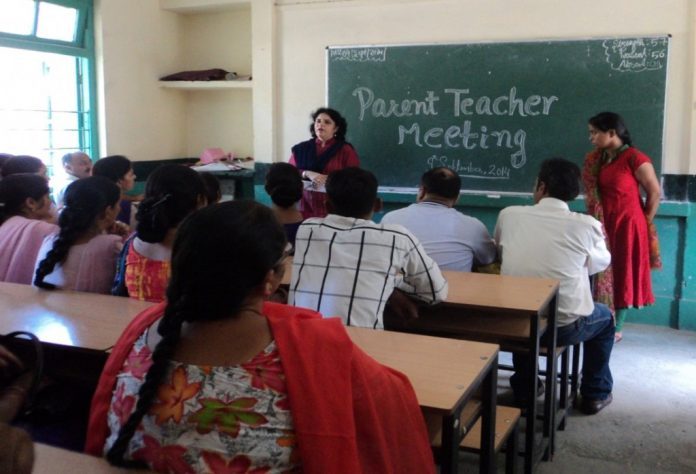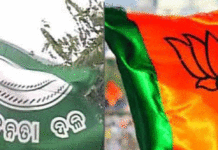The pressure is growing on government schools to perform. Mass Education Department now wants the parent-teacher interactions to take place four times a year. Drawing students to schools in the far flung tribal areas of the state, where poverty denies children the opportunity to have formal education and an alternative of Mid-Day-Meal are being considered as free food does not lure the students any more.
The falling standard of education in government schools has made the mass education department think of corrective measures. The department recently organised the first-ever interaction between parents and teachers in schools across the state. The purpose was to provide a platform to parents to ventilate their grievances and come up with suggestions for improvement.
Importantly the parent-teacher meetings in schools with mass education minister himself taking part in one of them, came in the wake of government’s decision to close down around 1000 schools with a student strength of less than 10. These students will be accommodated in nearby schools with the department providing them escorts and bearing their transportation cost. This, according to officials, will not only reduce the cost of education but also help improve its quality.
The government has been under pressure for sometimes to improve things on the education front. The biggest challenge to the government-run schools comes from English medium schools which have mushroomed around the state. Flush with cash and with an exclusivist fee structure these schools are not only able to employ quality teachers but also jack up their educational standards in other ways.
The students coming out of these institutions stand a better chance of getting into top-notch colleges and their mental horizon is much wider compared to the students of government-run schools, especially Odia medium schools. This is not to suggest that students passing out of Odia medium schools are necessarily inferior to their counterparts from English medium schools but the gap between them generally shows.
The success of the RSS-sponsored Saraswati Sishu Mandir (SSM) poses another major challenge to government-run schools. The lot from SSM schools has fared well at all levels of education with a growing demand for admission into these institutions. Their success obviously has to do with the overall supervision by the higher-ups in the Sangh hierarchy who put a premium on value-based education.
The pressure has, thus, been growing on government schools to perform. The latest move of mass education department to organise parent-teacher meets should be seen in this light. The initial plan of the mass education department was to hold these sessions twice a year but overwhelming response to the first round of meetings has made the mass education minister change his mind. He now wants these interactions to take place four times a year.
While parent-teacher meetings are welcome the government should also focus on other areas like drawing students to schools in the far flung tribal areas of the state where poverty denies children the opportunity to have formal education. In many cases parents themselves have a vested interest in keeping their children away from schools as they want them to start earning and contribute to the family kitty at an early age. The mid-day meal scheme initially succeeded in persuading such parents to send their children to schools but now even the lure of free food does not seem to be working. The government needs to work out good strategies.










